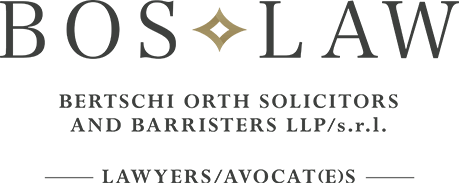Moore v. Getahun [2015] ONCA 55
Decided January 29, 2015
“Consultation and collaboration between counsel and experts is permitted to ensure that expert witnesses understand their duties as an expert.”
Ontario Court of Appeal
The Plaintiff argued that the Defendant orthopaedic surgeons fell below the standard of care by having a cast applied to a wrist injury which caused the Plaintiff to develop compartment syndrome. The trial judge found that the Defendant failed to meet the standard of care. The judge did not accept the evidence of the defence experts, particularly because there was a 90 minute telephone call between the defence expert and defence counsel which led to amendments in the report which the judge characterized as inappropriate. The judge found that the modifications were not superficial or cosmetic, but rather, the expert’s opinion became shaped by defence counsel’s suggestions. The Court of Appeal held that there was an “ethical and professional standard of the legal profession” which “forbid counsel from engaging in practices likely to interfere with the independence and objectivity of expert witnesses” as well as “ethical standards of other professional bodies place an obligation upon their members to be independent and impartial when giving expert evidence.” The Court also clarified that there was no general prohibition on substantive communications between counsel and expert witnesses. Consultation and collaboration between counsel and experts is not only permitted, but it is “essential to ensure that the expert witness understands” his or her duties as an expert.
Submitted to the FDCC by David A. Bertschi, a founding partner at Bertschi Orth Solicitors and Barristers LLP,
J
